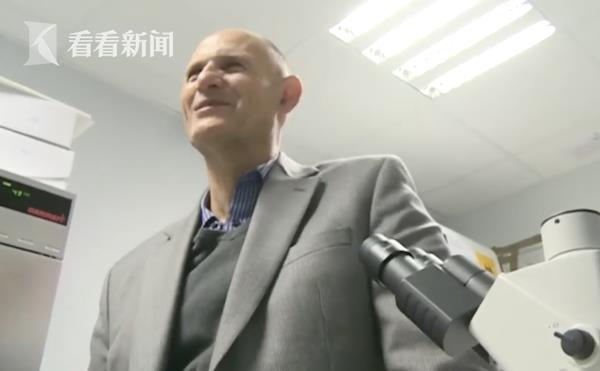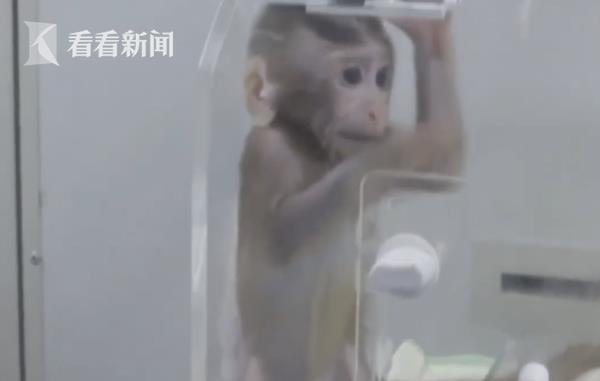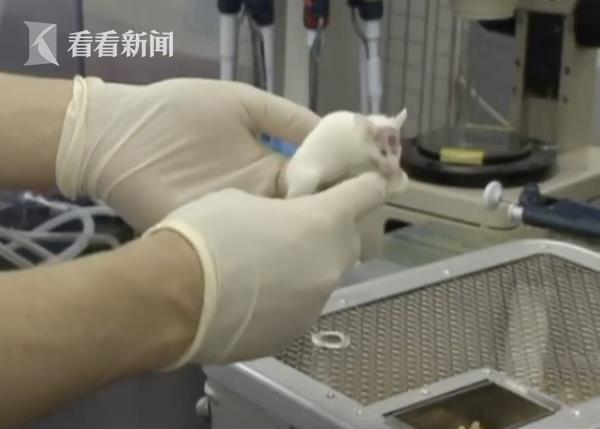Juan Carlos Izpisua, a 59-year-old Spanish scientist, successfully cultivated the "human pig embryo" in 2017. Now he and his team have completed the experiment of "human monkey embryo" again, and the embryo has been formed and can be born at any time. However, this plan was forced to stop when the embryo was 14 days old, because other scientists were worried that if the human monkey was really born in the end, it would probably produce self-awareness and eventually lead to self-destruction.

According to Spanish media reports, the research team of Salk Institute in California and Catholic University of Murcia (UCAM) in Spain conducted this experiment this year. They implanted human stem cells into monkey embryos, and finally the embryos gradually grew out of human tissues, and they formed smoothly, and they could also be born from female monkeys normally. Carlos pointed out that the formed stem cells can be used in human organ transplantation in the future, which is a major breakthrough in medical development.

However, many scientists believe that human monkey embryos will violate morality and ethics. The 14-day-old human monkey embryo was ready to develop the central nervous system, but under the pressure from the outside world, the Carlos team had to stop the plan urgently. á ángel Raya, director of the Barcelona Center for Regenerative Medicine, questioned: "If the brains of human monkey embryos finally develop human neurons, it means that they will have self-awareness." There is an ethical problem of hybridization between humans and animals.

Even though the experiment of human monkey embryos has come to an end, Carlos still insists on trying to combine rodents with human stem cells. "It is also possible to try to use embryos of non-human primates in the future." He also said that he hoped to open up a new path for heart and eye transplantation.
关于作者